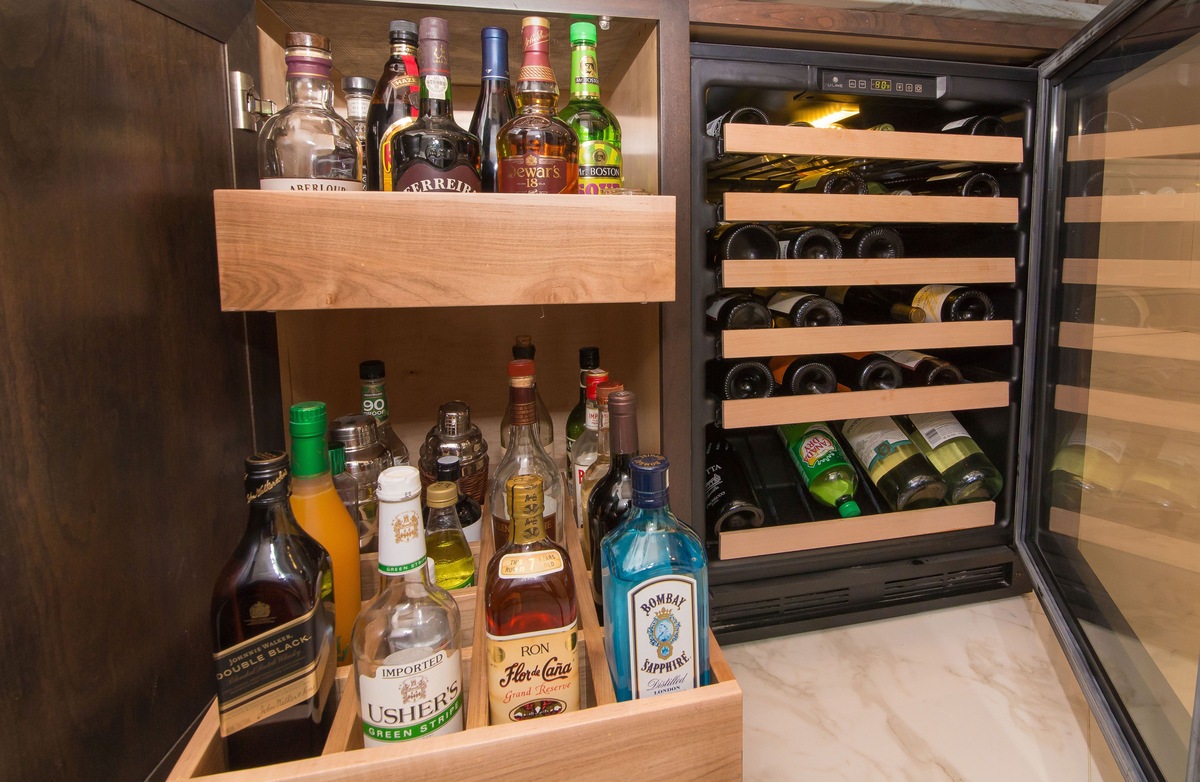

Articles
How To Store Liquor
Modified: March 1, 2024
Learn how to store liquor properly with our informative articles. Find out the best practices for preserving the quality and flavor of your favorite spirits.
(Many of the links in this article redirect to a specific reviewed product. Your purchase of these products through affiliate links helps to generate commission for Storables.com, at no extra cost. Learn more)
Introduction
Welcome to the world of liquor storage! Whether you’re a seasoned connoisseur or just starting your journey into the world of spirits, knowing how to properly store your liquor is essential to preserving its quality and flavor. Many factors, such as temperature, humidity, and exposure to light, can greatly impact the taste and longevity of your favorite spirits. In this article, we will delve into the basics of liquor storage, covering everything from the ideal storage conditions to the different types of storage options available. So, let’s raise a glass and dive into the wonderful realm of proper liquor storage!
Key Takeaways:
- Proper liquor storage involves maintaining consistent temperature, shielding from sunlight, and choosing the right storage area to preserve flavor and quality.
- Different types of liquor require specific storage considerations, such as upright or lying down positioning and protection from strong odors.
Read more: How To Store Liquor Bottles
Basics of Liquor Storage
When it comes to storing liquor, there are a few key principles to keep in mind. First and foremost, it’s important to keep your liquor away from direct sunlight and heat sources. Exposure to sunlight can break down the complex compounds in the liquor and result in flavor degradation. Similarly, storing your bottles near radiators or in hot areas can accelerate the aging process and negatively impact the taste.
In addition to avoiding direct sunlight and heat, it’s crucial to maintain a consistent temperature and humidity level. Fluctuations in temperature can cause the liquid to expand and contract, leading to potential leaks and spoilage. The ideal temperature for liquor storage is typically between 55°F and 65°F (12°C and 18°C). As for humidity, aim for a range of 55% to 70%. Too much humidity can cause labels to peel and mold to grow, while low humidity can dry out corks and lead to oxidation.
Proper ventilation is another key aspect of liquor storage. Let your bottles breathe by allowing a small amount of airflow, but avoid excessive ventilation that could introduce harmful odors or accelerate evaporation. Keep in mind that some liquor, such as wine or fortified wines, may require specific storage conditions. It’s important to research and follow specific guidelines for each type of spirit to ensure optimal storage.
Now that we’ve covered the basics, let’s move on to the next section and discuss the ideal temperature and humidity levels for liquor storage.
Ideal Temperature and Humidity
When it comes to storing liquor, maintaining the ideal temperature and humidity levels is crucial for preserving the integrity and flavor of your spirits. Let’s take a closer look at the recommended conditions for liquor storage.
The ideal temperature for storing most types of liquor is between 55°F and 65°F (12°C and 18°C). This temperature range ensures that the liquid remains stable and prevents any drastic fluctuations that can affect the taste and quality. Avoid storing your liquor in areas that are too hot or too cold, as extreme temperatures can cause the flavors to deteriorate and potentially ruin the bottles.
Humidity is another important factor in liquor storage. Aim for a humidity level between 55% and 70%. This range helps prevent the corks from drying out and minimizes the risk of oxidation. Excessively low humidity can lead to the evaporation of alcohol, while high humidity can damage labels and promote the growth of mold.
It’s worth noting that different types of liquor may have slightly different temperature and humidity requirements. For example, wine and champagne are more sensitive to temperature fluctuations and may require stricter temperature control. It’s always a good idea to research the specific storage needs of different types of liquor to ensure optimal conditions.
If you’re unable to maintain the ideal temperature and humidity levels in your home, consider investing in a wine cooler or cellar. These specialized storage units are designed to maintain stable temperature and humidity conditions, creating an ideal environment for your liquor collection.
Now that we know about the ideal storage conditions, let’s explore the different options for choosing the right storage area.
Choosing the Right Storage Area
When it comes to storing liquor, choosing the right storage area is crucial to maintain the quality and longevity of your spirits. Here are some factors to consider when selecting the ideal storage space:
Dark and Cool: Look for a storage area that is dark and cool, away from direct sunlight and heat sources. Exposure to light and high temperatures can adversely affect the flavor and quality of your liquor.
Stable Temperature: Ensure that the storage area maintains a consistent temperature throughout the year. Fluctuations in temperature can damage the liquid and lead to spoilage. Avoid storing your bottles in areas that experience extreme temperature changes, such as attics or garages.
Proper Ventilation: While you want to keep your liquor away from strong odors, it’s important to ensure some degree of ventilation to prevent musty smells from developing in a closed-off area. However, strike a balance and avoid excessive exposure to air, as it can lead to evaporation.
Secure and Stable: Opt for a storage area that is secure and stable, where your liquor bottles will not be at risk of falling or being damaged. Avoid storing them in an area prone to vibrations or where they can easily be knocked over.
Away from Kitchen and Appliances: Keep your liquor away from the kitchen and appliances that generate heat or strong odors. The kitchen environment can be prone to temperature fluctuations and odors, which can impact the quality of your spirits.
Consider Wine Coolers or Cabinets: If you have a larger collection or want more precise control over temperature and humidity, consider investing in a wine cooler or wine cabinet. These specialized storage units are designed to provide optimal conditions for liquor storage.
By carefully considering these factors and selecting the right storage area, you can ensure that your liquor remains in top-notch condition, ready to be enjoyed whenever the occasion calls for it.
Now that we’ve discussed the importance of choosing the right storage area, let’s move on to exploring the different types of liquor storage options available.
Types of Liquor Storage Options
When it comes to storing your precious liquor collection, there are various storage options to choose from. Each option offers its own benefits and considerations. Let’s explore some of the most common types of liquor storage:
1. Liquor Cabinet: A liquor cabinet is a classic and versatile option for storing your spirits. These cabinets often feature shelves, drawers, and compartments specifically designed to accommodate bottles, glassware, and other bar accessories. They come in a variety of styles and materials, allowing you to choose one that suits your personal taste and complements your home decor.
2. Bar Cart: If you prefer a more mobile and flexible storage option, a bar cart might be the perfect choice. Bar carts typically have wheels, making it easy to move them around as needed. They provide a stylish and convenient way to display and store your liquor collection while keeping everything within reach during gatherings or cocktail parties.
3. Built-In Shelving: For those with ample space or a dedicated home bar area, built-in shelving can be an excellent option. Installing custom shelves allows you to maximize storage capacity and create a visually appealing display for your bottles. You can incorporate lighting and decorative accents to enhance the ambiance and showcase your collection.
4. Wine Cellar or Wine Cooler: If you have an extensive collection of wine, as well as liquor, a wine cellar or wine cooler can be a great investment. These specialized storage units provide controlled temperature and humidity levels, ensuring optimal conditions for both wine and spirits. Wine cellars are often designed for long-term storage, while wine coolers offer more immediate accessibility.
5. Wall-Mounted Display: If you want to make a statement and showcase your liquor collection as a decorative feature, consider a wall-mounted display. Floating shelves or custom racks can be installed on the wall, creating a visually stunning and space-saving solution. Just make sure the chosen area is away from direct sunlight and remains at a stable temperature.
6. Repurposed Furniture: Get creative and repurpose furniture such as sideboards, armoires, or antique cabinets for your liquor storage needs. With a little ingenuity, you can transform these pieces into unique and functional storage solutions that reflect your personal style.
Remember to consider factors such as available space, aesthetic preferences, and the size of your liquor collection when choosing the most suitable storage option. By selecting the right storage solution, you can not only protect your spirits but also enhance the overall presentation of your home bar or entertaining area.
Now that we’ve discussed the types of liquor storage options available, let’s move on to understanding how to store different types of liquor effectively.
Store liquor in a cool, dark place away from direct sunlight and heat sources. Keep the bottles upright to prevent the cork from drying out and spoiling the liquor.
Read more: How To Make A Lamp Out Of A Liquor Bottle
Storing Different Types of Liquor
Each type of liquor requires specific storage considerations to ensure optimal flavor and longevity. Let’s explore how to store different types of liquor effectively:
1. Whiskey: Whiskey is best stored upright in a cool, dark place. It doesn’t require extreme temperature control but should be kept away from direct sunlight and heat sources. Avoid storing whiskey bottles near strong odors as they can affect the flavor. Once opened, whiskey should be consumed within a reasonable time to maintain its quality.
2. Vodka: Vodka is relatively resilient and can be stored in a cool and dark area like a liquor cabinet or refrigerator. It is recommended to store unopened vodka bottles upright to maintain their integrity. Once opened, tightly seal the bottle and store it at a consistent temperature.
3. Rum: Rum can be stored in a cool and dark area like other spirits. It is important to keep the bottle tightly closed to prevent evaporation and maintain flavor. Light and aged rums have similar storage requirements, while spiced or flavored rums may have specific instructions, so be sure to check the label or manufacturer’s recommendations.
4. Gin: Like other spirits, gin should be stored in a cool, dark, and upright position. Its botanical flavors can be sensitive to temperature fluctuations, so avoid extreme heat or cold. Ensure the bottle is tightly sealed to prevent the alcohol from evaporating and potentially altering the flavor profile.
5. Tequila: Tequila can be stored in a cool and dark environment. Ensure the bottle is upright to prevent the cork from drying out. Some high-end tequilas are aged in oak barrels and may benefit from being stored upright to minimize contact with the cork. Once opened, tightly seal the bottle and store it at a consistent temperature.
6. Liqueurs: Liqueurs, such as Baileys, Amaretto, or Kahlua, typically have a lower alcohol content and higher sugar content. It is advisable to store liqueurs in a cool and dark place to preserve their quality. Ensure the bottles are tightly closed to prevent exposure to air, which can impact both taste and texture.
7. Wine: If you’re storing wine in the same area as liquor, it’s important to ensure separate temperature control. Wine is typically best stored horizontally to keep the cork moist and prevent oxidation. Maintaining a constant temperature and humidity is crucial for wine storage, so consider investing in a wine cooler or cellar if you have a significant wine collection.
Remember to always refer to the specific storage instructions provided by the manufacturer or distillery for each type of liquor. These guidelines may provide additional details or considerations that are specific to the particular spirit you’re storing.
Now that we have covered how to store different types of liquor, let’s move on to some helpful tips for proper liquor storage.
Tips for Proper Liquor Storage
If you want to ensure the longevity and quality of your liquor collection, here are some essential tips for proper storage:
1. Keep it Cool: Maintain a consistent temperature between 55°F and 65°F (12°C and 18°C). Avoid storing liquor in areas that are prone to extreme temperature fluctuations or heat sources.
2. Shield from Sunlight: Keep your liquor away from direct sunlight, as it can degrade the flavors and affect the quality. Store bottles in a dark area or use opaque storage options to protect them from exposure to light.
3. Maintain Humidity: Aim for a humidity level between 55% and 70% to prevent corks from drying out or labels from peeling. If the humidity level in your storage area is too low, consider using a humidifier or a small dish of water to increase moisture.
4. Avoid Strong Odors: Liquor can absorb odors, so store it away from strong-smelling substances such as cleaning supplies, spices, or other pungent items. This will help maintain the authentic flavors of your spirits.
5. Store Upright or Lying Down: Liquor bottles with synthetic corks or screw caps can be stored upright or lying down. However, for bottles sealed with natural corks, it’s generally recommended to store them upright to prevent the cork from drying out, with the exception of wines that need to be stored horizontally.
6. Avoid Vibration: Vibrations can disrupt the aging process and potentially alter the flavor of your liquor. Keep your bottles in a stable area away from appliances, speakers, or other sources of continuous vibrations.
7. Don’t Overcrowd: Give your liquor bottles some breathing room. Avoid overcrowding the storage area as it can make it difficult to access bottles and increase the risk of accidental breakage.
8. Check for Leaks: Regularly inspect your liquor bottles for any signs of leakage or damage. If you notice any leaks, it’s important to address the issue promptly to prevent further damage to your collection.
9. Rotate and Monitor: If you have a large liquor collection, consider implementing a rotation system. Use older bottles before newer ones to ensure that the liquor is consumed within its optimal period. Additionally, monitor and periodically check on your collection to ensure the bottles are in good condition.
10. Enjoy Responsibly: Remember, the purpose of storing liquor is to enjoy it. Whether you’re collecting or simply storing a few bottles, don’t forget to savor and share your favorite spirits with friends and loved ones.
By following these tips, you can maintain the quality and flavor of your liquor collection, allowing you to enjoy your spirits to the fullest.
Now, let’s move on to the next section and address some frequently asked questions about liquor storage.
Frequently Asked Questions (FAQs)
Here are some commonly asked questions about liquor storage:
Q: Can I store liquor in the refrigerator or freezer?
A: While it is generally safe to store liquor in the refrigerator, avoid keeping it in the freezer for extended periods as it can affect the flavor and texture of the spirits. Freezing liquor can cause chemical changes and potentially lead to the separation of ingredients.
Q: How long can I store an opened bottle of liquor?
A: Once a bottle of liquor is opened, it is exposed to oxygen, which can gradually change its flavor and quality. Most spirits, such as whiskey, vodka, and rum, can be stored for several years without significant degradation in taste. However, it’s best to consume opened bottles within a reasonable timeframe to enjoy them at their best.
Q: What’s the best way to store rare or expensive bottles of liquor?
A: For rare or expensive bottles of liquor, it’s essential to protect their value and flavor. Store them in a cool, dark area with stable temperature and humidity levels. Consider using specialized display cases or protective sleeves to shield them from light and potential damage.
Q: Can I store liquor bottles upside down?
A: Generally, it’s best to store liquor bottles upright, especially those with natural corks, to prevent the corks from drying out. However, bottles with alternative closures like synthetic corks or screw caps can be stored either upright or lying down without any adverse effects.
Q: How can I prevent evaporation of liquor?
A: To prevent evaporation, ensure that the bottle is tightly sealed after each use. If the original cork is damaged, consider replacing it with a new one or using a high-quality bottle stopper. Additionally, store your liquor in an area with stable temperature and humidity levels to minimize evaporation.
Q: Can I store liquor bottles in the bathroom?
A: Storing liquor in the bathroom is not recommended due to the fluctuating temperature and humidity levels associated with this area. Bathrooms tend to have higher humidity, which can potentially damage the liquor and its packaging.
Q: Should I decant my liquor into a separate container for storage?
A: Decanting liquor into a separate container for storage is optional and a matter of personal preference. While some people prefer the aesthetic appeal of decanters, it’s important to choose a container that provides a tight seal and protects the liquor from exposure to air and light.
Remember, these are general guidelines, and it’s always a good idea to consult specific storage recommendations provided by the manufacturer or distillery for your particular liquor.
Now, let’s conclude our article on proper liquor storage.
Conclusion
Properly storing your liquor is essential for preserving its quality, flavor, and longevity. By following the tips and guidelines outlined in this article, you can ensure that your favorite spirits remain in optimal condition, ready to be enjoyed whenever the occasion calls for it.
Remember to keep your liquor away from direct sunlight, excessive heat, and strong odors. Maintain a consistent temperature between 55°F and 65°F (12°C and 18°C) and a humidity level between 55% and 70%. Choose a storage area that is cool, dark, and stable, and consider different storage options such as liquor cabinets, bar carts, or built-in shelving to accommodate your needs and preferences.
When storing different types of liquor, be mindful of their specific requirements. Whiskey, vodka, rum, gin, tequila, and liqueurs each have their own storage considerations. It’s important to store the bottles upright or lying down, depending on the type of closure, and to avoid overcrowding the area to prevent accidental breakage.
Lastly, enjoy your liquor collection responsibly. While proper storage can help preserve the quality of your spirits, remember that they are meant to be enjoyed. Savor the flavors, share with friends, and explore new tastes and cocktails.
With the knowledge and understanding gained from this article, you’re now equipped to store your liquor collection with confidence, ensuring that it remains in top-notch condition for years to come. So, raise a glass and toast to the art of proper liquor storage!
Frequently Asked Questions about How To Store Liquor
Was this page helpful?
At Storables.com, we guarantee accurate and reliable information. Our content, validated by Expert Board Contributors, is crafted following stringent Editorial Policies. We're committed to providing you with well-researched, expert-backed insights for all your informational needs.
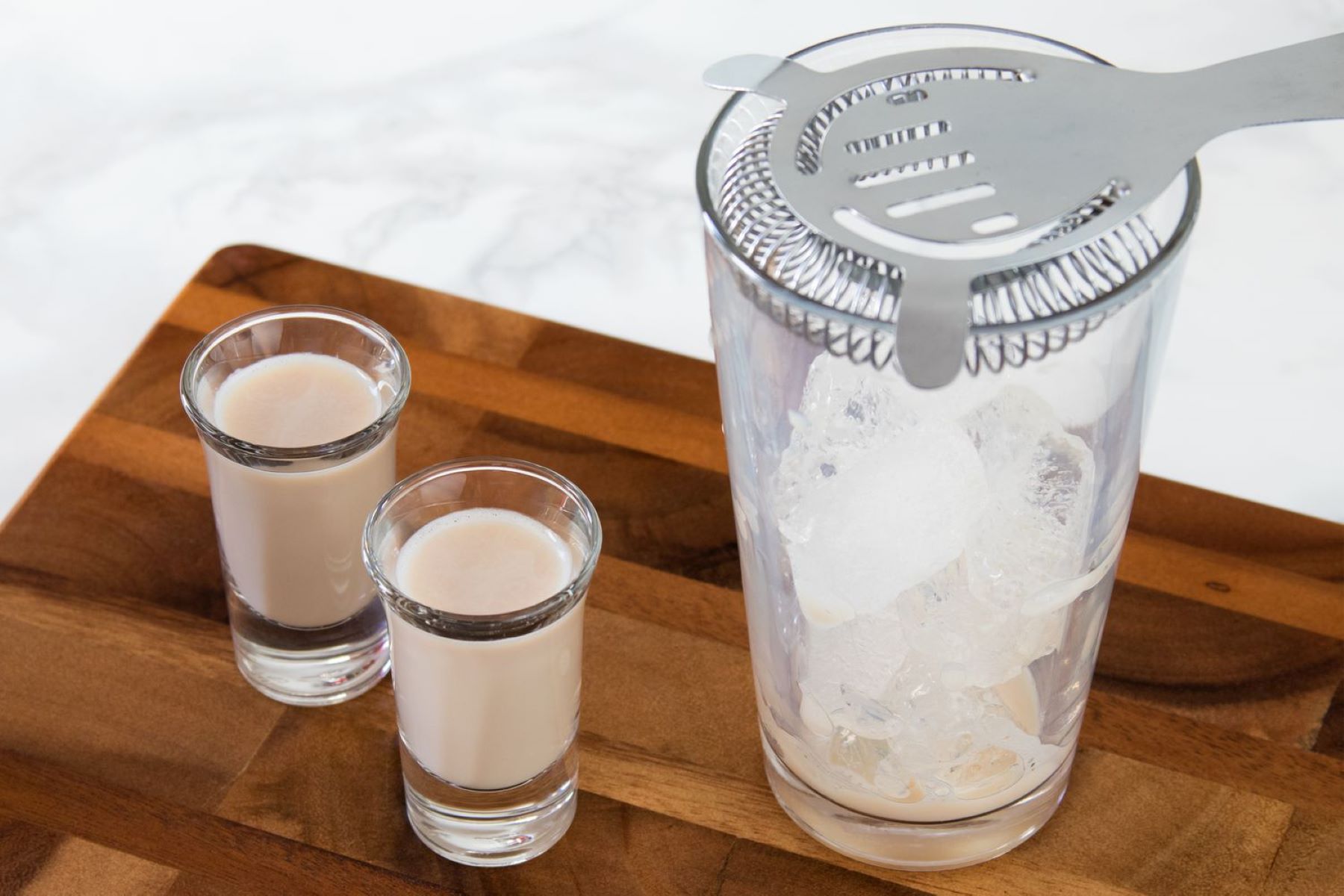
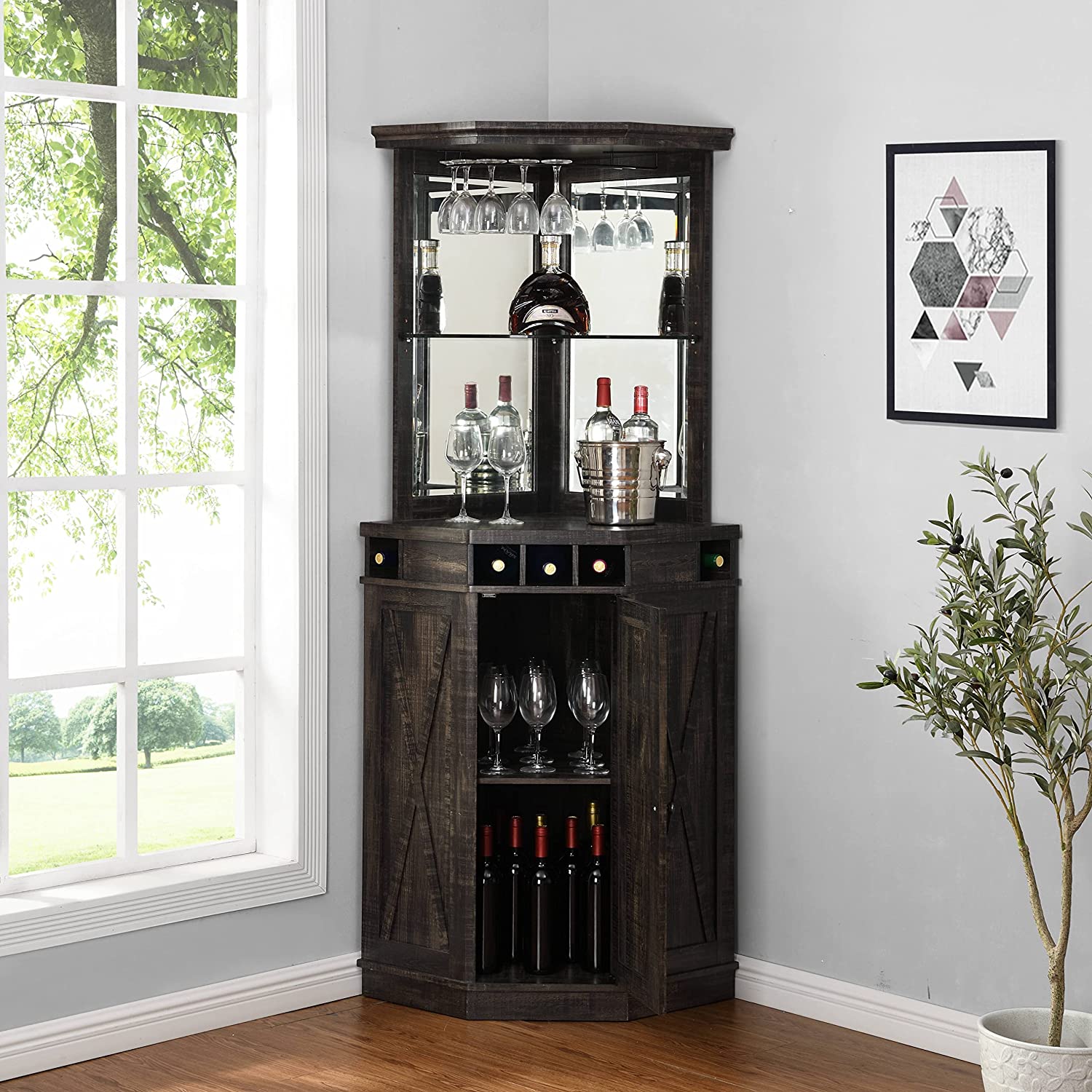
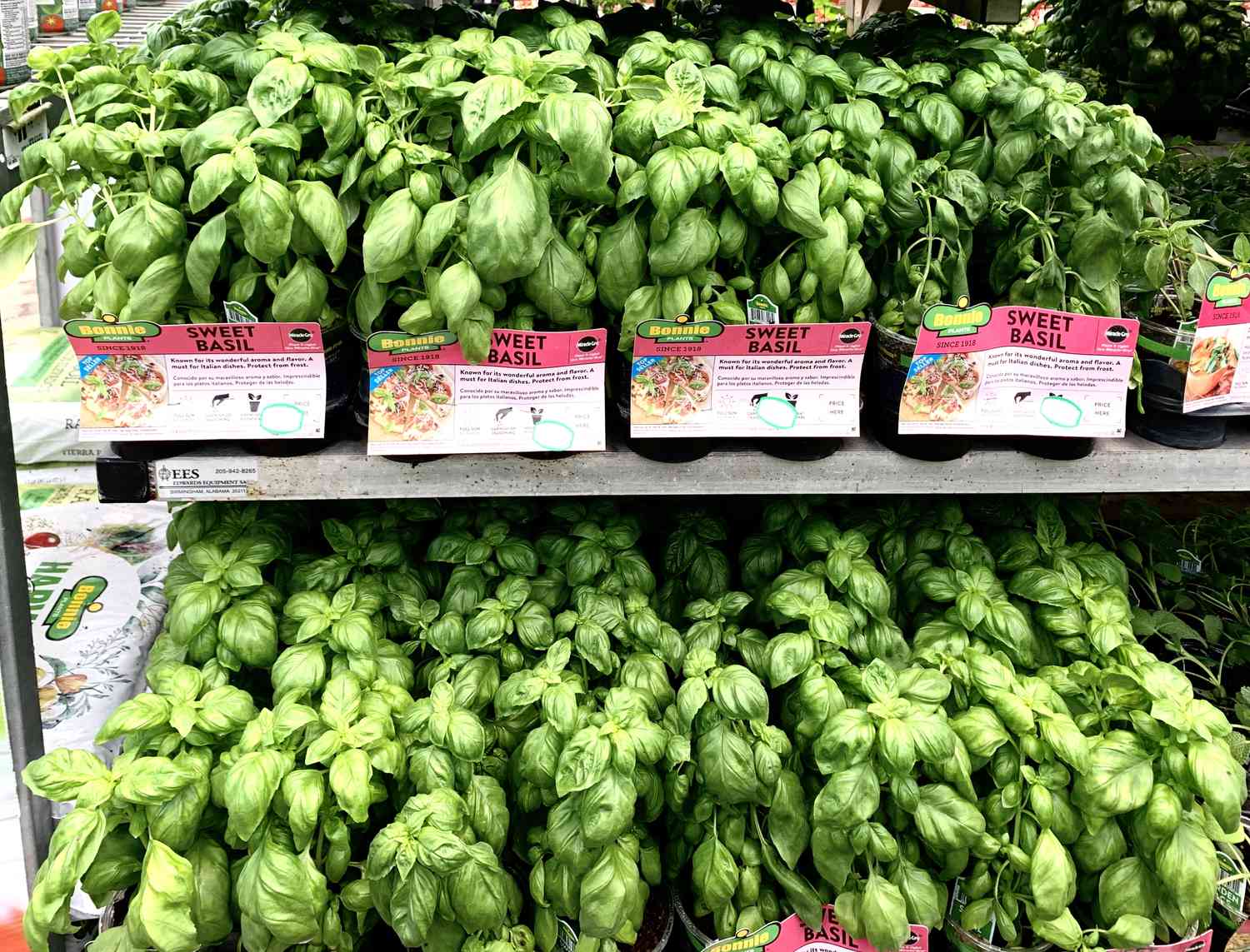
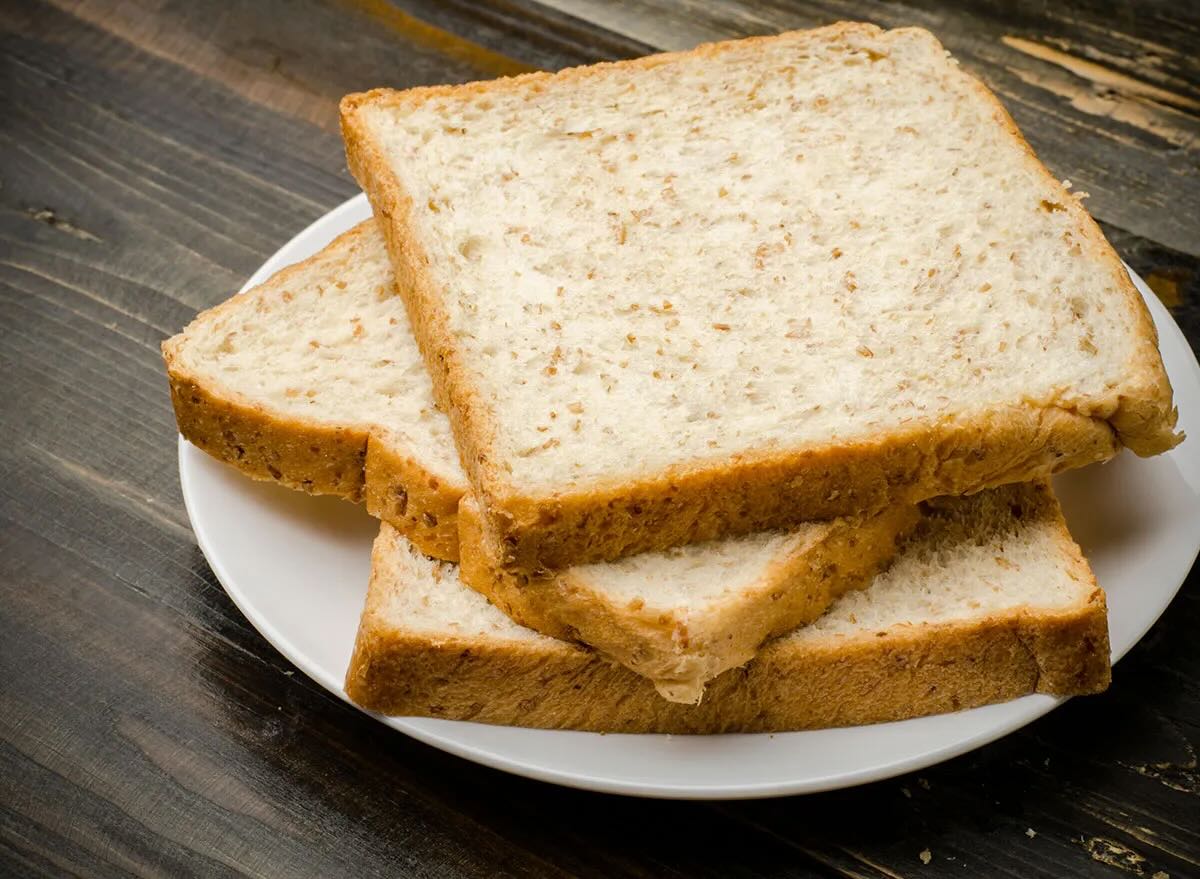
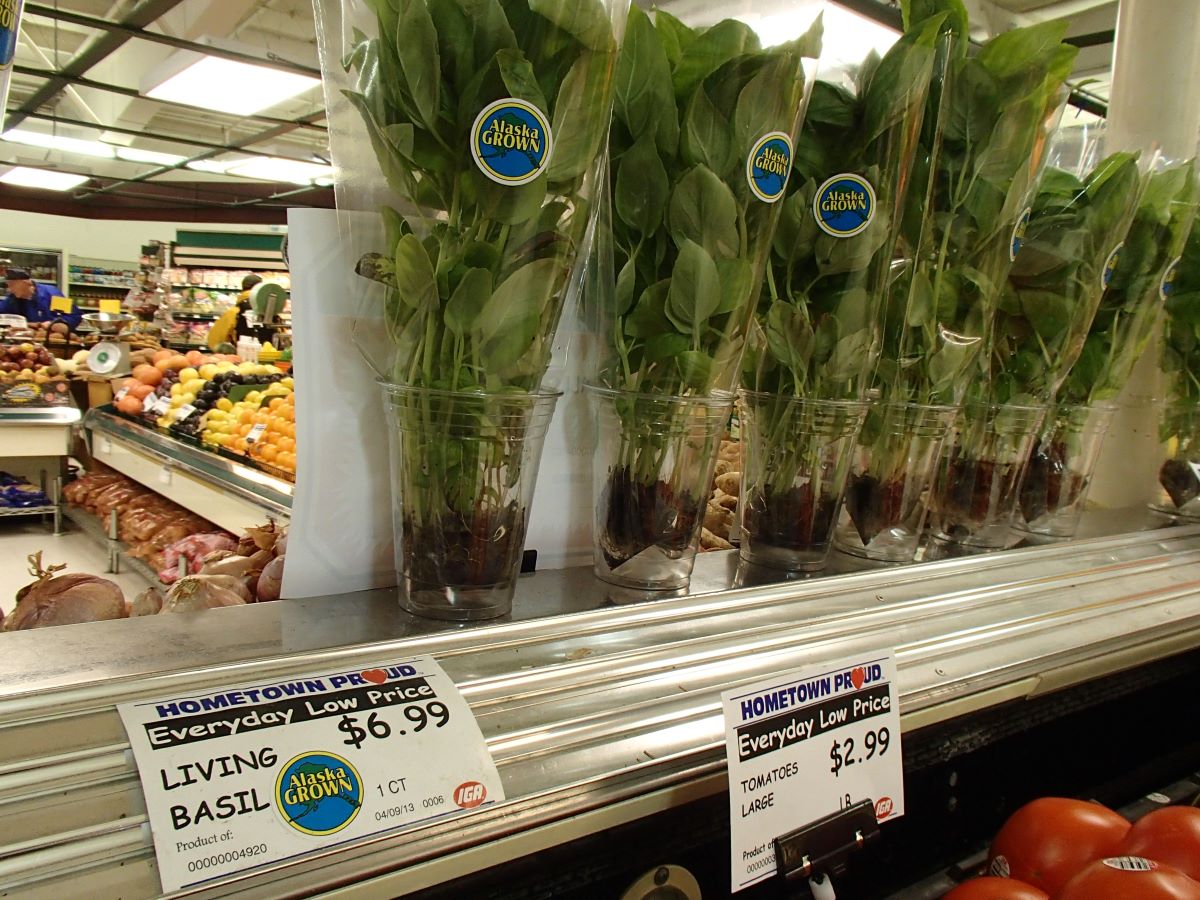

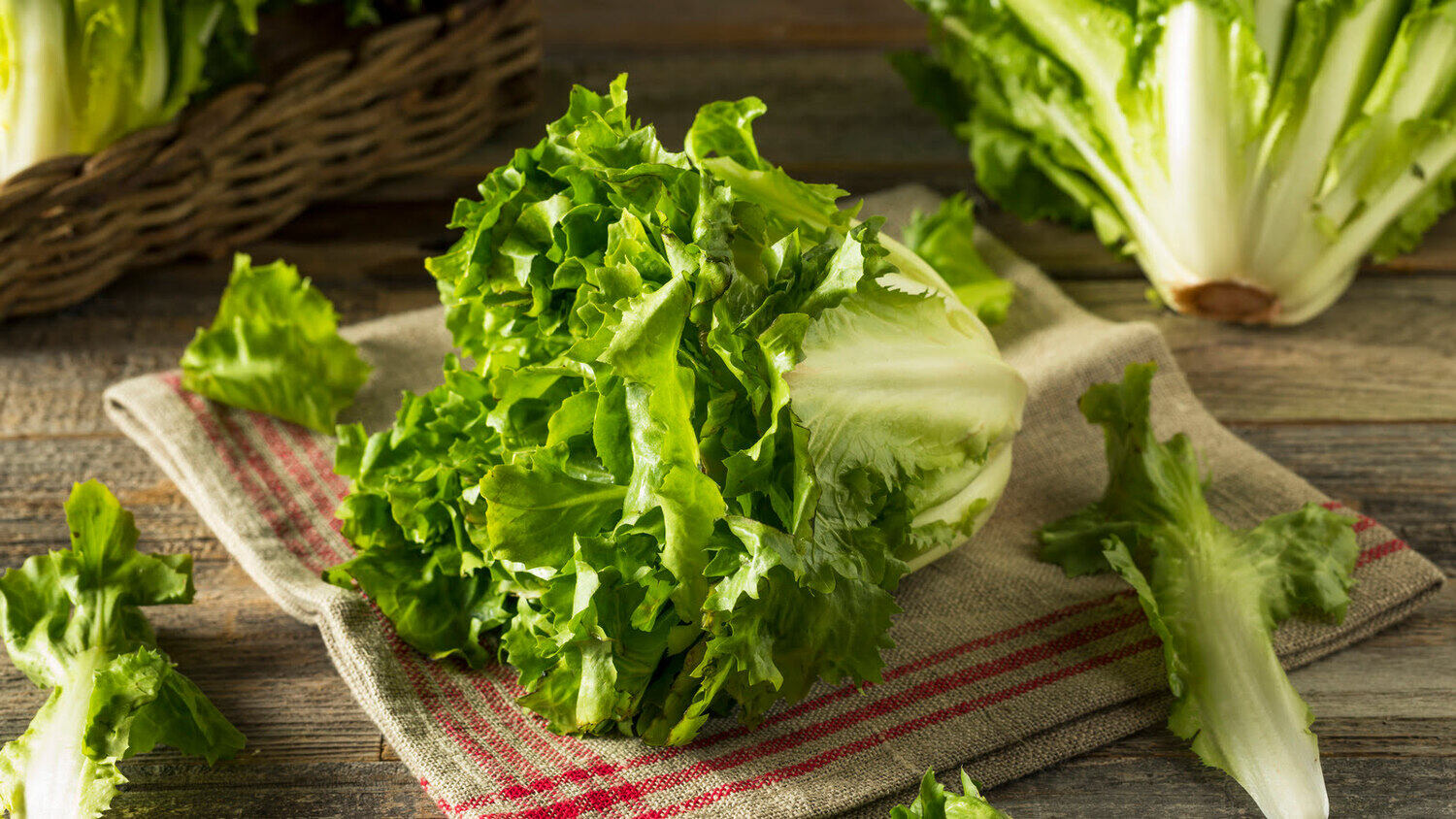
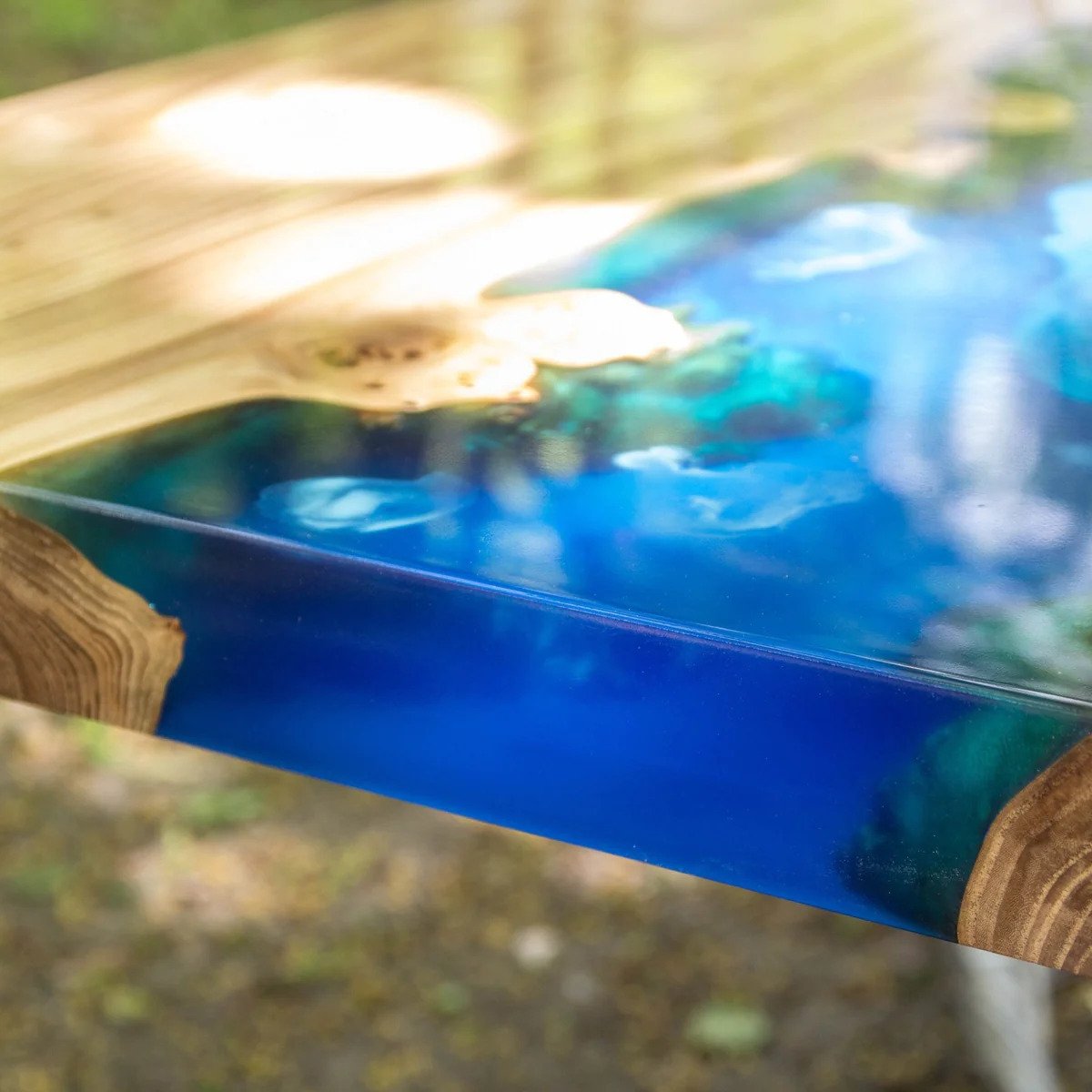
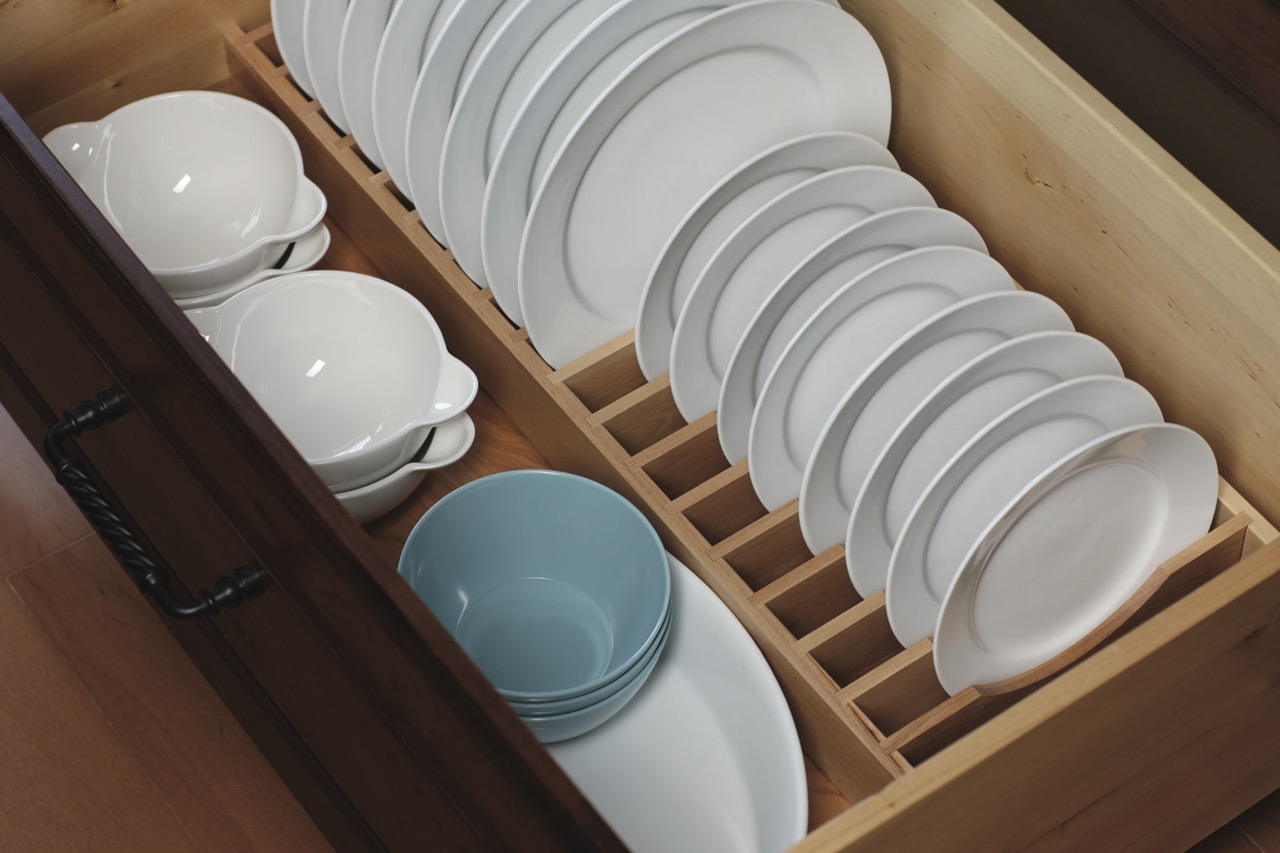
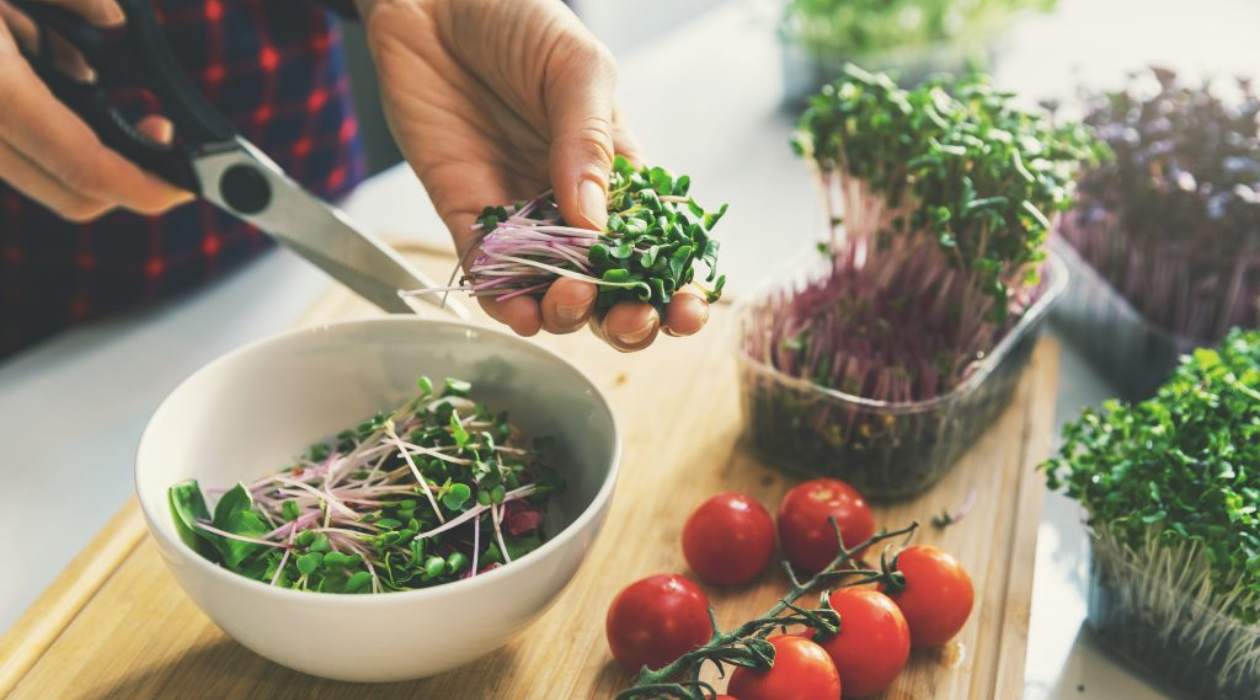
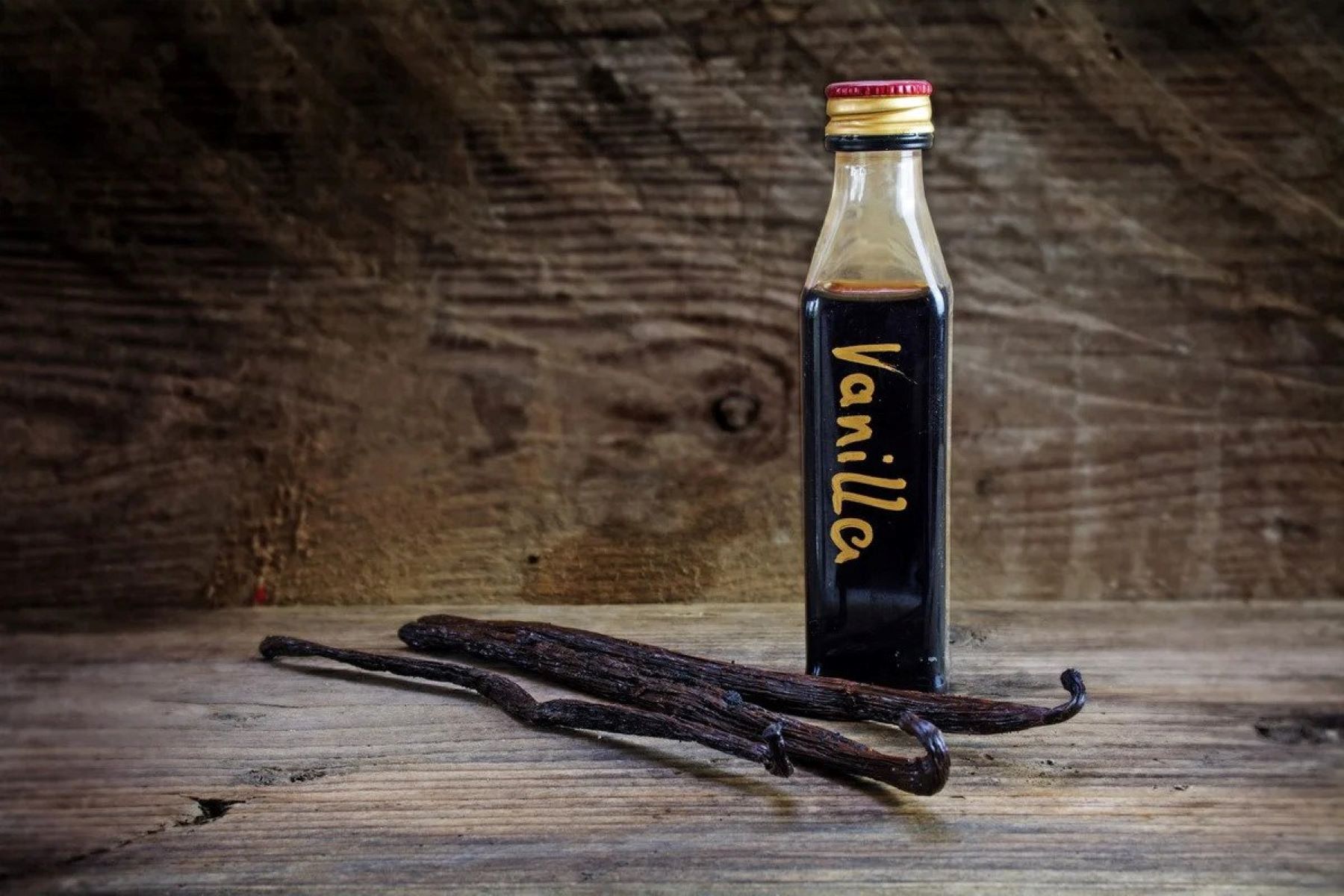
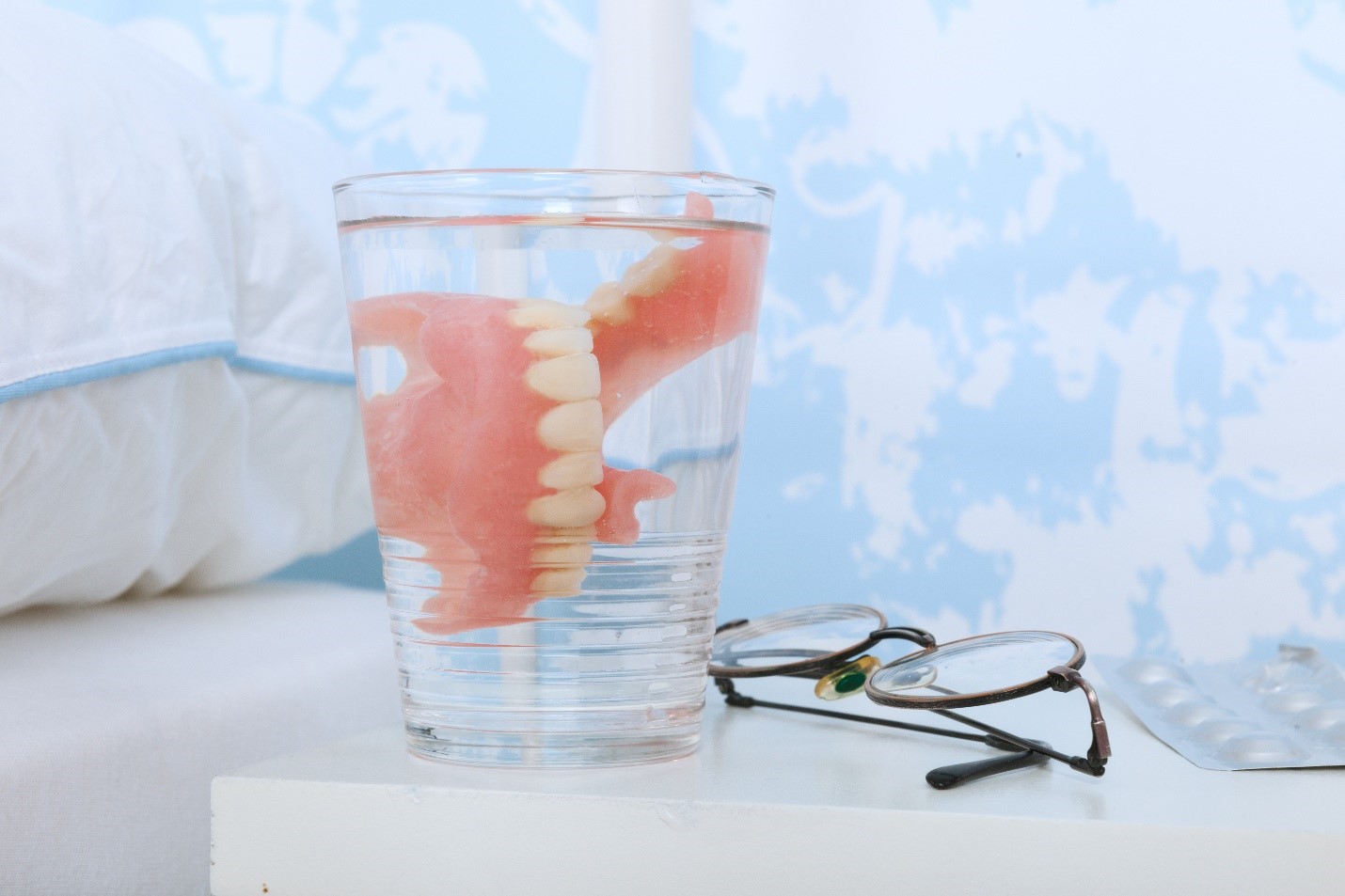
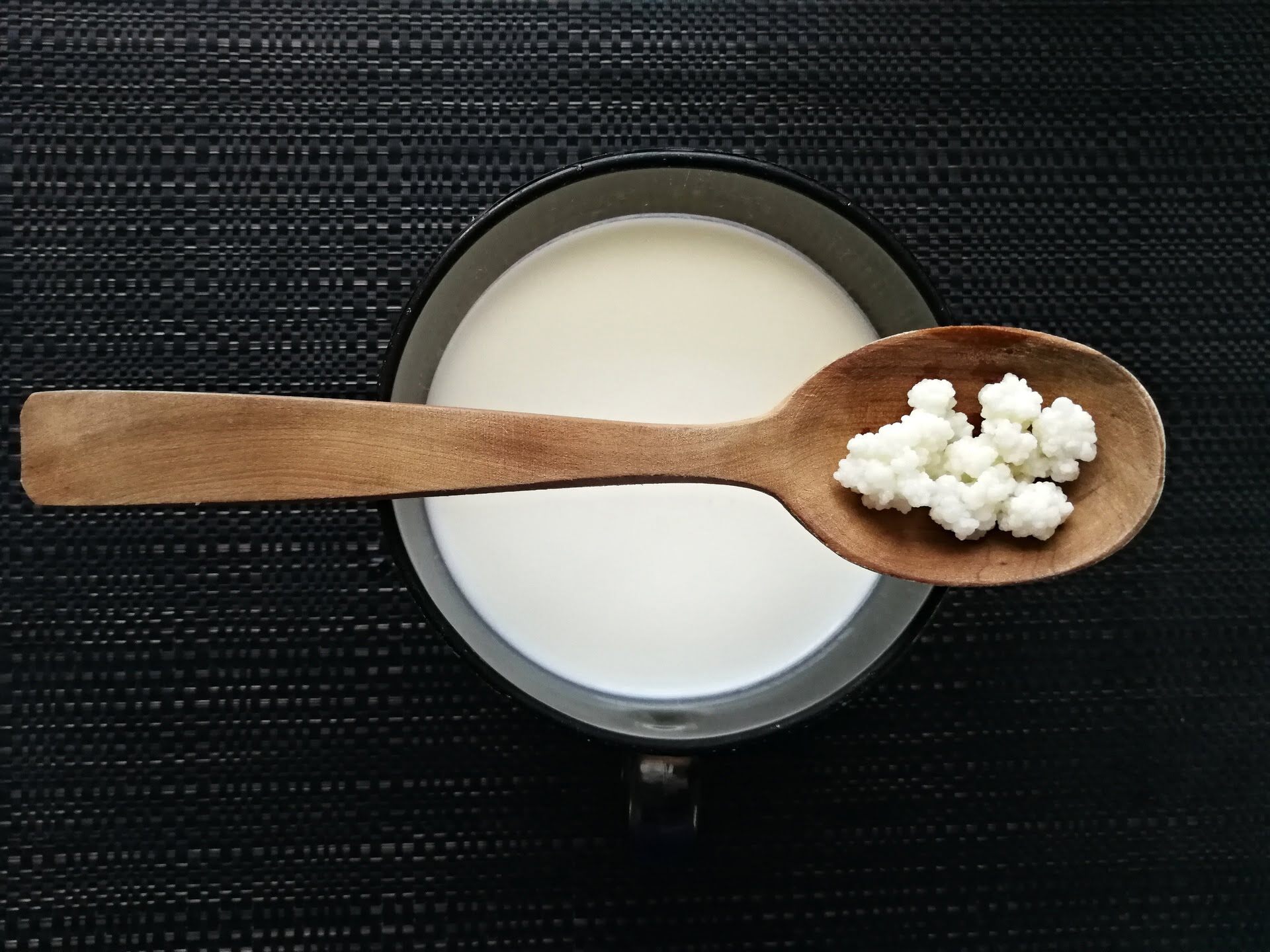
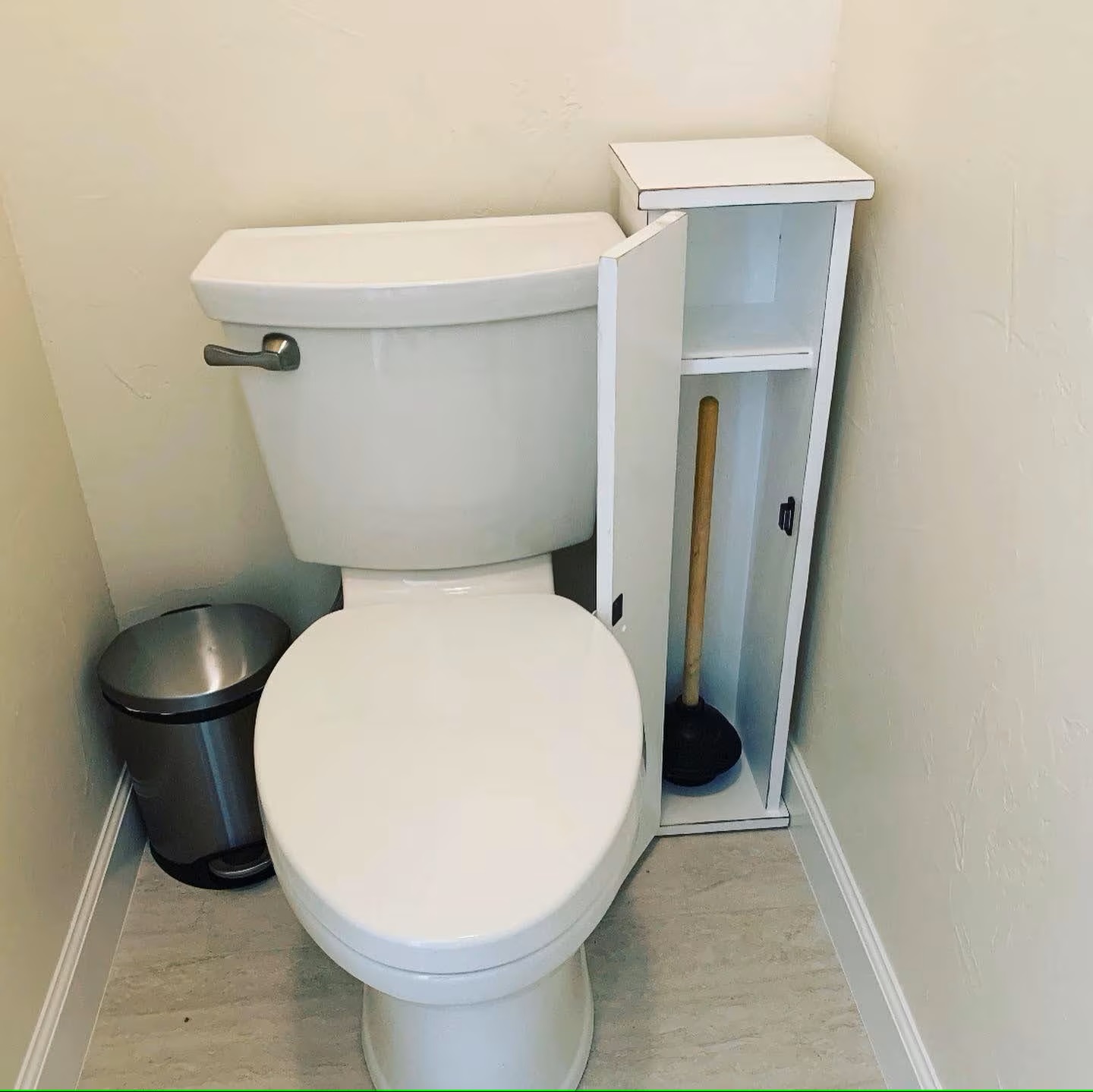

0 thoughts on “How To Store Liquor”